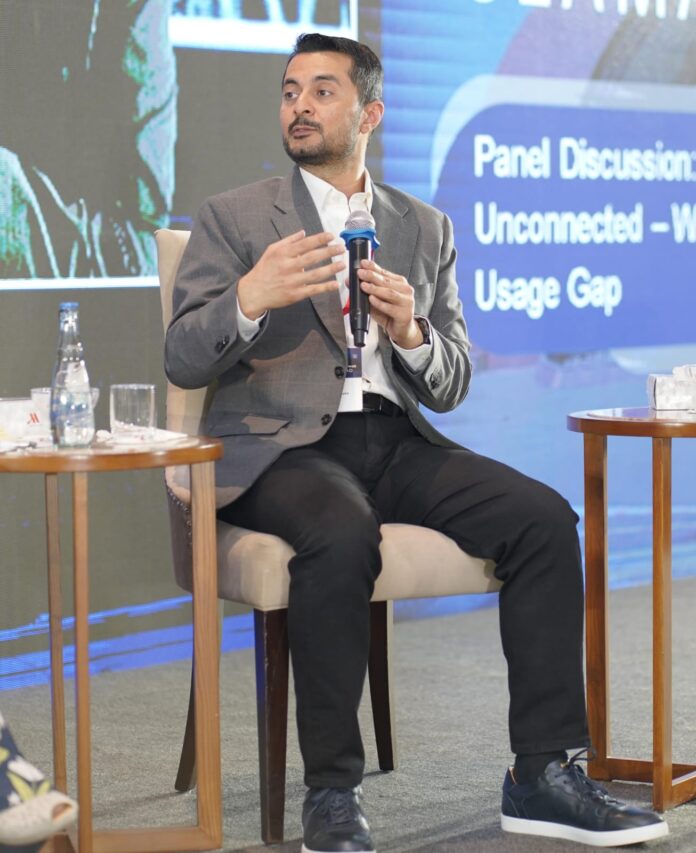ISLAMABAD: Pakistan cannot close its healthcare gaps without making quality and affordable services accessible to all, and digital technology will be the key enabler in achieving that, said Kazim Mujtaba, President Consumer Division at Jazz, while speaking to the media on the sidelines of the GSMA Digital Nation Summit in Islamabad.
Kazim’s remarks came as the summit also saw the introduction of ApnaClinic, a new AI-powered healthtech platform by Jazz aimed at expanding access to healthcare across the country.
Pakistan faces one of the most acute healthcare access challenges in the region. More than half of its population lacks access to essential health services, with rural areas and low-income urban communities worst affected.
Long distances to hospitals, shortages of medical specialists, and high out-of-pocket expenses make even basic treatment difficult to obtain. For women, these barriers are further compounded by mobility constraints and the shortage of female healthcare providers.
Kazim said digital platforms like Apna Clinic can help overcome these barriers by providing services directly through mobile devices. The platform connects users to a nationwide network of 30,000 doctors, offering tele-consultations, diagnostics, lab tests with home sample collection, e-prescriptions, and medicine delivery.
For advanced care, it enables booking of surgeries with seamless JazzCash payments and integrates with FikrFree, an insurtech solution providing affordable insurance for women and low-income groups.
“Our aim is to transform healthcare access through a secure and simplified platform, especially in underserved areas,” he said.
He linked the success of such healthtech solutions to closing Pakistan’s gender gap in digital access, noting that women in rural areas are far less likely than men to use mobile internet. “The smartphone is the first step—it’s the gateway to participation in the digital economy, especially for women and underserved communities,” Kazim said.
He added that digital access is a stepping stone to other essential services such as healthcare, insurance, and education, enabling people to make informed decisions, support their families, and improve their quality of life. “Connectivity is not a luxury—it’s a necessity. When women are digitally included, the benefits ripple through families and entire communities,” he remarked.
Kazim emphasized that bridging Pakistan’s healthcare gaps will require not only innovation in healthtech but also coordinated efforts to expand mobile internet access, improve digital literacy, and make smartphones more affordable, ensuring that no one is left behind.




